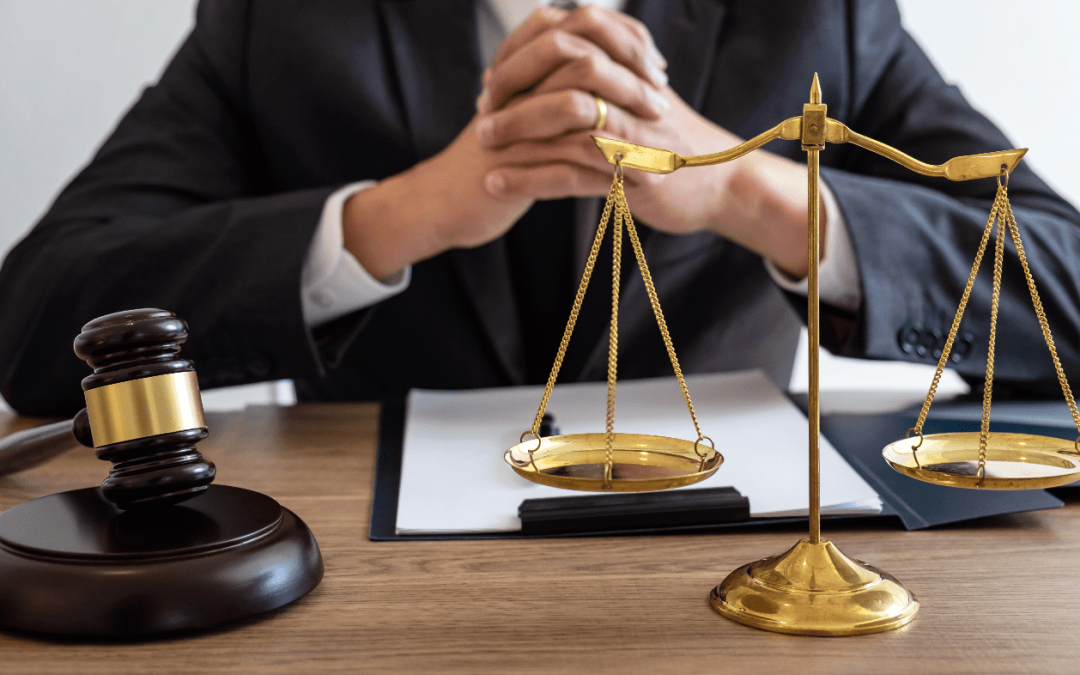In the American legal system, we look at wrongdoings under two types of cases: civil cases and criminal cases.
Crimes that involve an offense against the state are prosecuted by the state, while disputes between individuals regarding legal obligations are civil cases. Civil lawsuits are in place to adjudicate these types of cases.
While there is a slight bit of overlap between these two types of cases, there are a couple of different ways we can distinguish the two.
Distinctions Between Civil and Criminal Cases
We define a crime as an “offense against the state or society.”
Criminal and civil offenses most often have different types of punishment
Most criminal cases use trial by jury for verdicts
There are different standards of proof for both of these types of cases
In a criminal case, a defendant has the right to an attorney
A Crime Is Defined As An Offense Against the State
Even if a single individual murders another single individual, the murder is an offense against the state and society as a whole. The state and the prosecutor will file crimes against the state rather than the victim of the crime.
Punishment Variance
Most civil cases require some form of monetary compensation or an injunction. A criminal case, on the other hand, might also require some form of monetary compensation, though it often involves jail time as well. Criminal cases are harder to prove because the consequences are much greater.
Trial by Jury
Most criminal cases use juries for a verdict, while most civil cases are determined by judges. However, some civil cases do allow for juries.
Standard of Proof
A jury must determine a verdict “beyond a reasonable doubt” in a criminal case. Standards of proof are much lower in civil cases. Typically, the “preponderance of the evidence,” meaning something more than likely happened one way versus another, is enough to prove a lawsuit.
These different standards exist because civil cases have far less severe punishments and are considered less blameworthy.
Right to an Attorney
In a criminal case, a defendant has the right to an attorney. If the defendant is unable to pay for an attorney, the state has to provide them with one. In a civil lawsuit, however, defendants do not have the right to an attorney. If they are unable to afford one for their case, they must represent themselves.
Final Thoughts – A Better Understanding of the Legal System
While we treat civil and criminal cases in different manners, most people never recognize that the same wrongdoing can result in both types of cases. For example, the famed OJ Simpson was a civil and criminal trial. The murder trial was a criminal case, while the wrongful death was a civil case.
Using “preponderance of the evidence,” the jury determined OJ Simpson caused his wife’s death wrongfully. However, without enough evidence to prove the murder “beyond a reasonable doubt” in the criminal case, they could not find him guilty.


Recent Comments